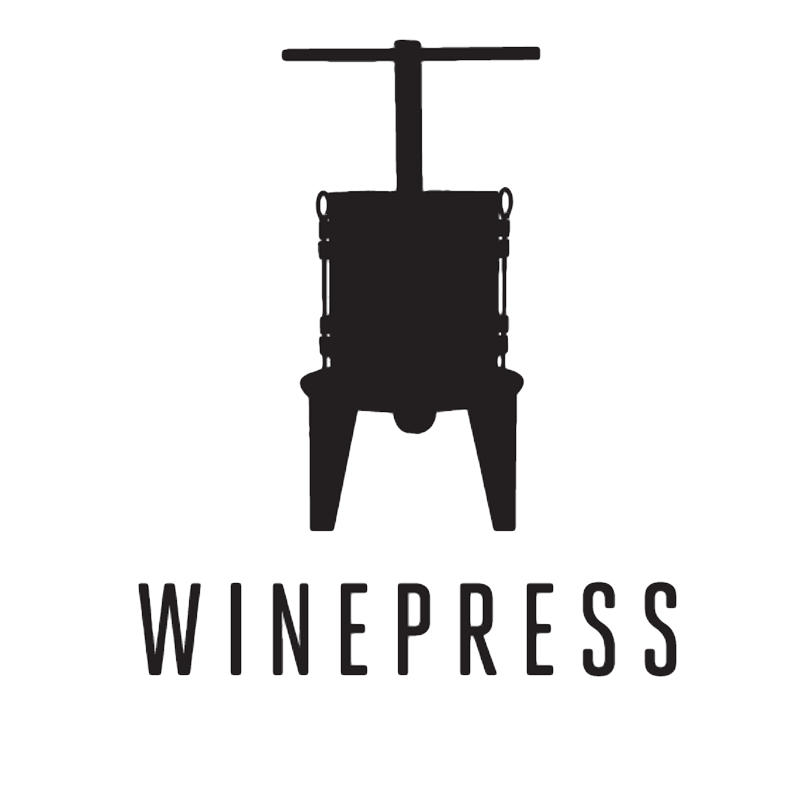By Albert Thompson military historian, defense and foreign policy analyst, and WND staff commentator.
The Turkish AK Party is on the verge of altering the balance of power in the Middle East. Prime Minister Recep Tayyip Erdogan could soon be recognized as the most powerful man in the region.
Erdogan is campaigning to merge the offices of Turkey’s president and prime minister. Currently, the Turkish presidency is a ceremonial role with some judicial appointments, but the president also has the power to call for referenda, appoint the chief of the Turkish military and to mobilize the Turkish military. However, the chief of the general staff is the effective commander in chief, with the president only having a figurehead role. That could change.
The prime minister is the head of government, leader of Parliament and the driver of the legislative agenda. He also coordinates the foreign policy of the government but is limited by the powers of Parliament and the need to seek approval in advance for many initiatives. Erdogan has been open about his admiration of French and U.S.-style executive power.
The similarity between Erdogan and another regional strongman have not gone unnoticed. Islamism expert and Turkey observer Joel Richardson has noted the danger.
“No doubt, Turkey has found its Putin. One notable difference, however, is that Erdogan is loved both within and outside of his home country. While some have said that in Putin, a new czar has emerged, it’s actually much more accurate to say that in Erdogan, a new caliph has emerged. Even Khaled Meshaal, the exiled political leader of Hamas, recently stated, ‘Erdogan, you are not only a leader in Turkey now, you are a leader in the Muslim world as well.’”
Mr. Erdogan has pursued his goals relentlessly. When the AK Party did not win the two-thirds majority in Parliament necessary to unilaterally rewrite the Turkish constitution, it settled for a less ambitious amendment project and won a 2010 referendum, which enhanced the powers of the party but included minor reforms that pleased European Union observers. In 2007 the party pushed through the switch from a parliamentary vote for the presidency to a popular one and allowed presidents a second term.
Now, even without the merged powers of the prime minister’s office, the future presidents of Turkey will have increased influence through a personal mandate from the voters. Additionally, the 2007 changes forbid former presidents from seeking popular election, which – coincidentally, I’m sure – leaves Erdogan with a smaller pool of credible rivals but allows the prime minister to run without resigning from his office prior to the election. However, Erdogan must achieve his goals soon; he recently won his third term as head of the AK Party, which bans fourth terms for its leaders. Erdogan has announced that he will keep his word to leave the premiership in 2015. If, however, the presidency is reshaped in time for presidential elections in 2014, the prime minister may have a better job to go to anyway.
There is a fear that the Iranian regime and its terrorist network are in a position to seize hegemony in the Middle East. With its influence in Syria and Lebanon, it is believed that Iran is positioning itself to build a petro-terrorist empire. However, the Iranian clerics are not in a position to challenge Turkey. If they were to try, I believe that the tale of the tape is weighted in Turkey’s favor.
As a member of NATO the Turkish military has received American military technology and boasts a modern command-and-control structure. Additionally, the Turkish economy has grown by an average of over 5 percent for a decade, a record that is the envy of the United States and Western Europe. Turkey and Iran are nearly equal in population, with 79 million people in Turkey and 78 million in Iran. But the Turkish GDP is $770 billion while the poorer Iranians make do with $330 billion. Richardson has emphasized the scale of Turkish economic ambition, highlighting the fact that “Prime Minister Erdogan has recently announced plans to renovate a massive section of Istanbul as an international banking center that will compete with Dubai.”
Economics do not reveal the entirety of Iranian disadvantage, however. As always in Middle Eastern calculations, the religious element must be considered. While the populations are equal, the Turkish population is 75 percent ethnic Turkish, while only 53 to 61 percent of Iranians are Persian. Additionally, 20 percent of Iranians are members of various Turkic ethnic groups sharing cultural and linguistic ties with Turkey. Further, while 99 percent of Turkish citizens are Sunni, the Shia population of Iran is an 89 percent majority with a not-to-be-ignored 10 percent Sunni minority. The Sunni Arab states – with the significant exception of Shia-dominated Iraq – are more likely to accept Turkish leadership over Iranian Shia dominance.
Mr. Erdogan has a firm foundation on which to build Turkish hegemony. Could the Iranians accept Turkish power? Maybe. It is not impossible for them to experience a “revelation” that allows for Shia-Persian and Sunni-Turkish rapprochement. In any event the Iranians will recognize that if the Sunnis support Turkey, al-Qaida and other allied groups could match Hezbollah and other Iranian proxies in terrorist lethality. The AK Party and Prime Minister Erdogan’s time is coming.
Joel Richardson agrees: “There is no question that in the chess match for regional dominance, Turkey is about to place Iran in checkmate. While Iran’s economy is buckling under the pressure of sanctions, the Iranian regime is struggling to appear confident while fighting to avoid a free fall into hyper-inflation. Meanwhile, Turkey’s economy is roaring. The final straw that will break Iran’s back and set in motion the final shift toward Turkey’s ascendancy will be the fall of Basshar Assad’s Alawite regime that functions as an Iranian proxy. In the absence of an Iranian pawn in Syria, Erdogan will no doubt extend his Sunni paternal hand of assistance to the newly forming government. All of this together will guarantee Turkey’s dominance over the Middle East.”
Richardson’s appraisal of potential counterbalances to Turkey in the Arab counties is bleak: “After Iran falls under Turkey’s growing umbrella of power, only Egypt and Saudi Arabia will remain.” This outcome would render U.S. hegemony in the Middle East untenable. Neither would China or Russia be able to take America’s place without military intervention. In either case, if Turkey can stabilize its hegemony, it would be able to defeat any attempt at interventionism.
Turkey is unhindered in its rise. Europe and North America are largely blind to the danger. The Western diplomatic establishment – including the U.S. leadership – continues to see Turkey through the pre-2002 paradigm that existed before the AK Party took over. They view Turkey as a model for Muslim democracy. They should be reminded that Erdogan was jailed by Turkey’s secular authorities – and initially banned from taking office as prime minister – for inciting religious hatred with the words “the mosques are our barracks, the domes our helmets, the minarets our bayonets and the faithful our soldiers. …”





8 Responses
A good analysis by Joel and friends. My only quibble is that I think Mr. Obama knows exactly what is going on, and is working hard with Erdogan to set up Turkey as the Sunni hegemon.
We cannot overlook the fact that Erdogan is confessedly Obama’s closest friend outside the Anglosphere… and one could add as well that Obama’s friendships with Anglosphere nations are just for show anyway.
As long as the Kremlin is on the outs with Ankara, and those in Europe, and North America – it doesn’t take much to see a trial balloon floated so that common cause is made.
We’ve seen this dynamic before, in August, 1939.
Stalin was ready to sign a deal with the British & French, but then signed with Hitler.
In Re 13:2 the leopard is a symbol for Syria and the feet of the bear the symbol for the Medo-Persian Empire, which comprised what is now Turkey, Iran, Iraq and Syria and other smaller countries in the region. Ran across this in a article the other night when I did a search on Google, using(Recep Tayyip Erdogan + stern faced) and came up with the following article.
“Turkey has no rival. The country’s stern-faced prime minister, ” Source-http://www.thenational.ae/news/turkeys-widening-arc-of-influence
Daniel referred to the Antichrist as “the leader who will come, the little horn, the beast and the stern faced king.”
http://www.lastdaysmystery.info/from_where_the_antichrist_comes.htm
Patmos, the island where John-the beloved was, when Jesus gave him the Revelation concerning the tribulation and the last days…
Is just off the west coast of Turkey.
It makes for intensive thought, considering chapter 13.
In the days speeding forward, may we be endurance saints who hold to the Testimony of Jesus, holding securely onto accurately placed faith born of earnest faithfulness.
I very much agree with the premise of the article. However, there is a fairly significant factual error. Turkey is actually not 99% Sunni. About 15-20% of the population is actually Alevi, a small minority sect of Islam closely related to the Alawite sect in Syria. This is not insignificant, in the short-run at least, in that the Alevi are often not very happy with the Sunni’s lack of recognition of their religion and Alevi’s almost to a man do not particulary like Erdogan and tend to be one of the last major pockets of discontent with his rule, outside a number of those who are still secular sunnis. Alevis and secularists make up the backbone of the largest opposition party members.
Could the anti-christ be an Alawite?